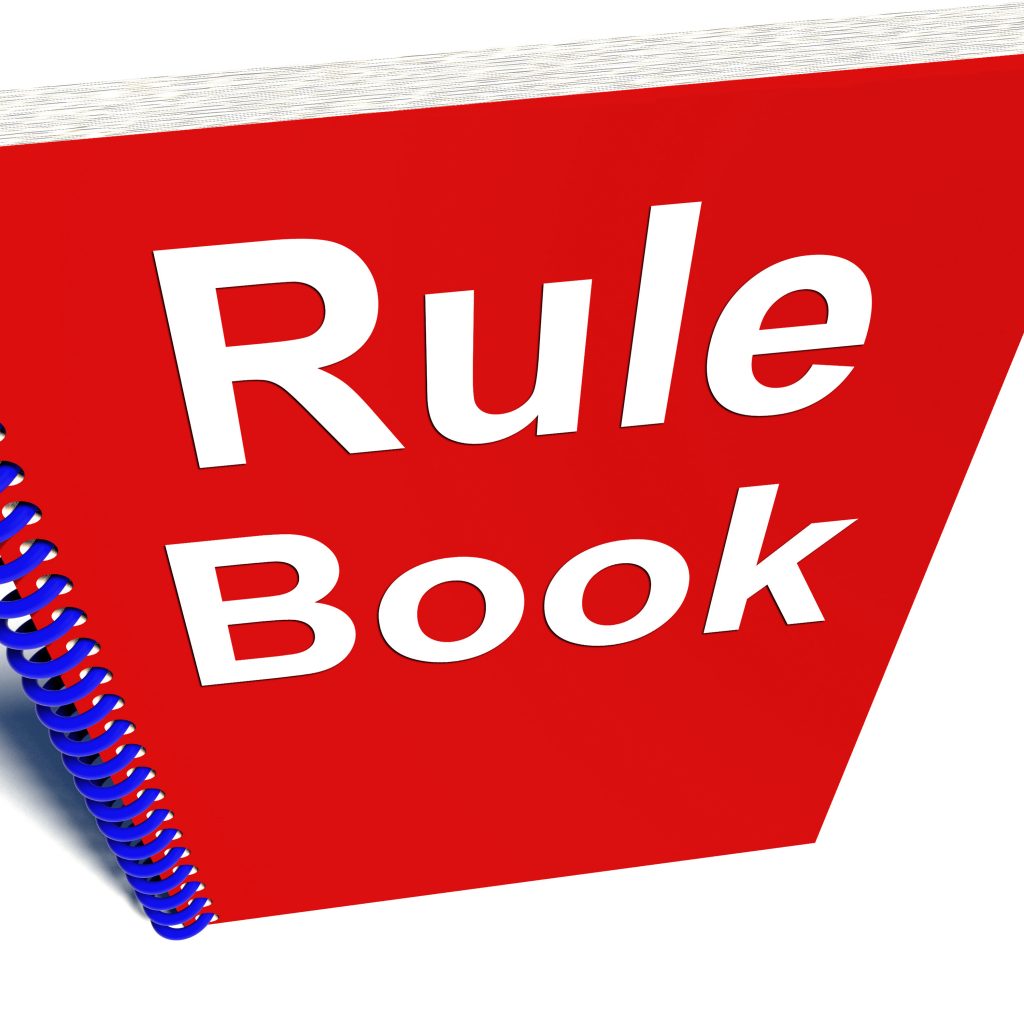Helping authors to get famous often includes being in front of the camera. It’s a great opportunity but it’s always better to be ready before it presents itself, rather than waiting and learning when you’re on the hot seat.
Whether you’re a newbie at interviews, or you’re a savvy pro, whenever you have a new book coming out, practicing these rules is essential, particularly as new technologies present themselves. Again, once you’re actually doing the interview is NOT the time to practice.
Here are my 7 Rules to Follow BEFORE You’re in Front of the Camera, whether it’s a TV or online media interview, Facebook Live, a webinar, Zoom, Skype or Google Hangout. Ready?
Rule #1: Desensitize yourself. That means practice. Remember when you first heard your own voice on an audio file? (Yes, you really do sound like that!) At first you think, “That’s not me!” but after listening a few times, you being to realize the voice you’re hearing in your head is the same one you’re hearing on the recording. Seeing yourself on television and video is like this too. At first you may react by thinking, “Oh my goodness, I don’t really look like that, do I?” (Yes, you do.) Learn to desensitize about how you look so that you can focus on content and improving your performance.
Rule #2: Know your key messages backwards and forwards. It’s very obvious when an interviewee is clear on his or her messaging. They speak succinctly and clearly, easily moving from one thought to another. The person who doesn’t have this clarity isn’t nearly as effective. Practice doing mock interviews to be sure you’re comfortable and know exactly what you want to say.
Rule #3: Have a prepared launch for the interview. What is a launch? Think of it as a plane running down the runway picking up speed so that it can take off. Once the plane is in the air, the interview is in full swing. The launch is answering that very first question in a way that addresses the problem, what can be done about it, and how you resolved it. It lays the groundwork for the upcoming interview and is critical for its success.
Rule #4: Learn when and how to bring the conversation back to one of your key messages. This is the very art of being a great interviewee. You have to not only know your key messages, but you have to be able to elegantly bring the conversation to your next key point, or away from a direction in which you really do not want to go. This takes some training and some finesse. The very best interviewees make this look very, very easy.
Rule #5: Know how to end the interview. “Where is your book available?” Or, “Where can people go to learn more about you and your business?” Or, “Do you have a gift for our audience?” Be prepared to answer that question quickly and easily because it’s a very common one. If you stumble or hesitate, it makes you look like you’re unsure of yourself.
Rule #6: Be prepared for the final question: “And finally, what is the one most important tip or piece of advice you have for our viewers?” You don’t want to be struggling to come up with a final thought here. It could simply be a repeat of your most important key message, or it could be a final, solid key take away you want the viewers to have. Whatever it is, know it and memorize it beforehand so that it is burned in your brain.
Rule #7: Wait 24 hours to watch the interview. In this day and age, your interview may be on YouTube, television websites, or any number of places online immediately after you do it. As tempting as it may be to watch it right away, I highly encourage you to wait 24 hours. We do not judge ourselves very well (Or maybe I should say we judge ourselves too harshly.). Allowing a little time to pass between when you did the interview and when you watch it will allow some objectivity to be there.
Bonus Rule: When it comes to Facebook Live, it’s generally just you and not an interview situation. Be sure and practice doing this on another camera. The first sentence out of your mouth should be interesting and compelling. Resist the temptation to explain how challenging technology can be. (I can’t count how many times I’ve heard this.) And, remember, Facebook Live is the quickest way to look like an amateur. It takes practice to come off as a natural. So practice. We all need to.
Bottom Line: Being in front of the camera is an extremely effective way to talk to your potential clients and customers. Because it is so popular and powerful, learning these rules and applying them will help you to come across as the savvy professional that you are.
If you’d like to see some of the wonderful authors I have the pleasure of working with, check them out here.
To your success!

